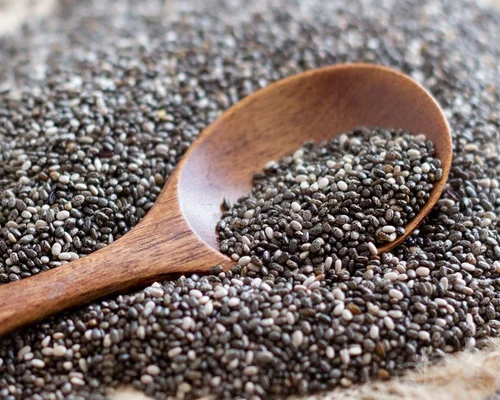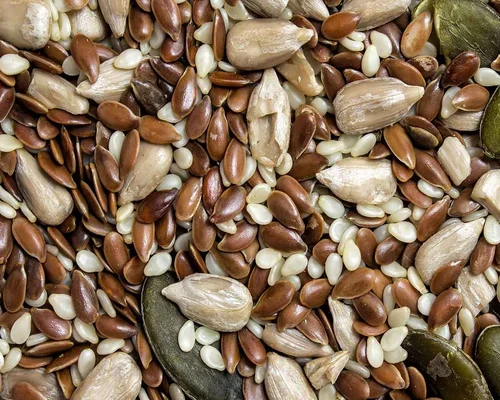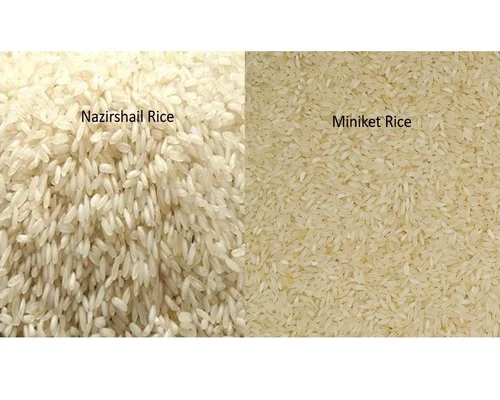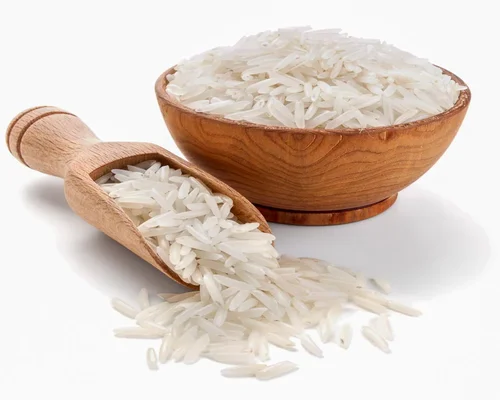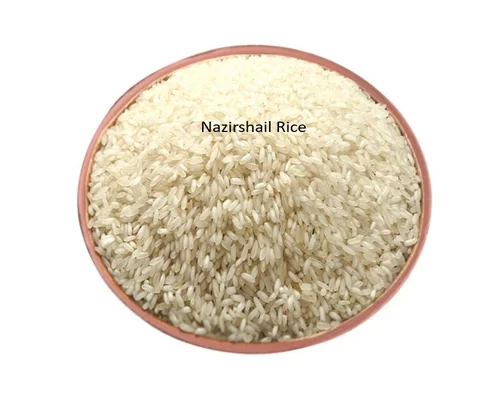
Which is more vitamin-rich, chicken or duck eggs?
Chicken or duck eggs, which are more vitamin-rich?
Eggs are a nutritious source of protein. There are several characteristics that can distinguish duck and chicken eggs. The most noticeable difference in physical structure is the size of the egg. A duck egg can be 50-100 percent larger than a chicken egg. Like chicken eggs, the color of a duck egg can vary depending on the breed of duck and its diet.
It also depends on the environment and its genetics where it is raised. Many duck eggs have white shells. They can be pale gray, green, black, or blue. Both the size and color of the yolk vary. Chicken egg yolks are usually pale or bright yellow. Duck egg yolks can be dark orange.
Duck eggs have a relatively high cholesterol content (620 mg), which is about three times that of chicken eggs. Duck eggs are high in vitamins D and B12.
Both chicken eggs and duck eggs are nutritious, but there are some differences in terms of vitamins and nutrients.
Let us see which one has more:
Nutritional value of chicken eggs:
- Protein: about 6-7 grams
- Calories: low (70-78 calories)
- Vitamins:
- Vitamin B12, B2 (riboflavin), D, A, E
- Choline (essential for the brain)
- Cholesterol: low
Nutritional value of duck eggs:
- Protein: about 9-10 grams (i.e. more!)
- Calories: high (about 130-150 calories)
- Vitamins:
- Vitamin B12, A, D, E, folate, thiamine in large quantities
- High in minerals like iron, phosphorus, zinc
- Cholesterol and fat: relatively high
Conclusion:
If you are looking for something high in protein and vitamins, duck eggs are ahead.
However, for those who have cholesterol or heart disease problems, chicken eggs are a safer option.
You need to choose one that suits your diet, age, or health condition.














.webp)

